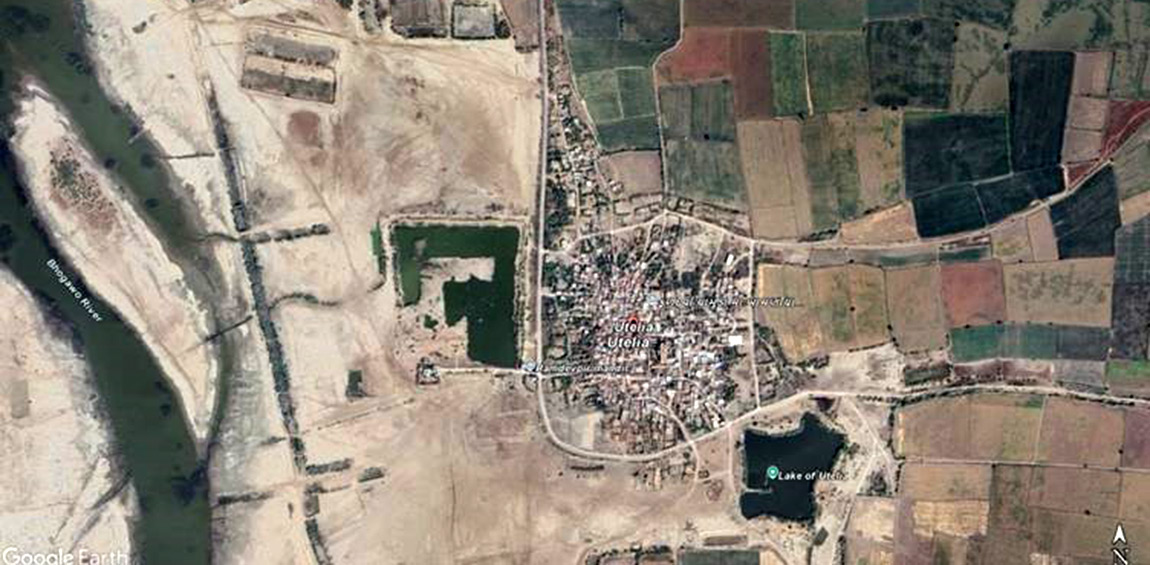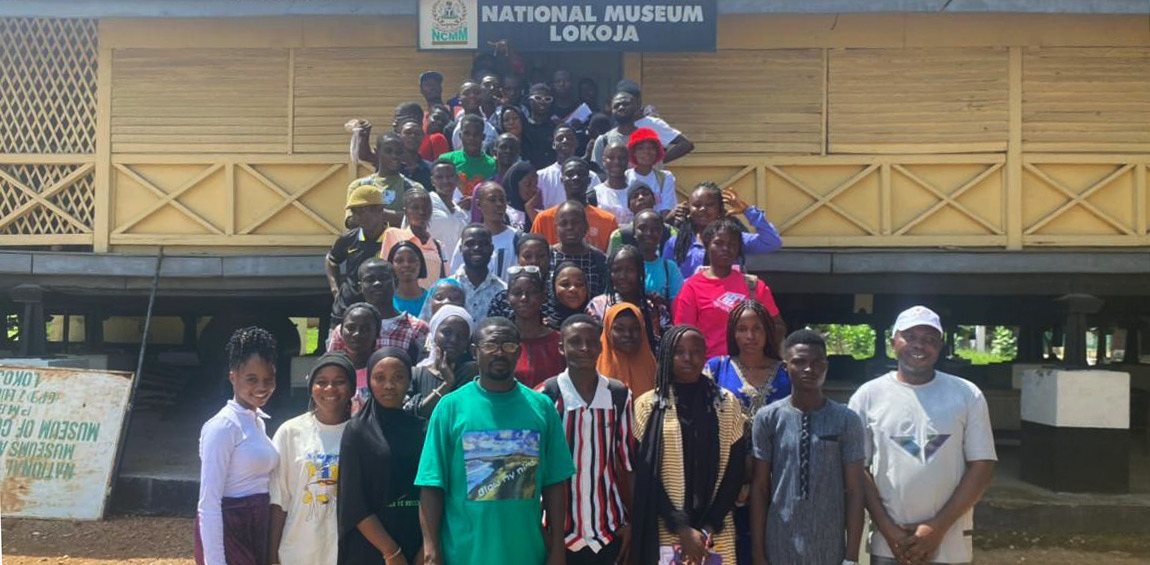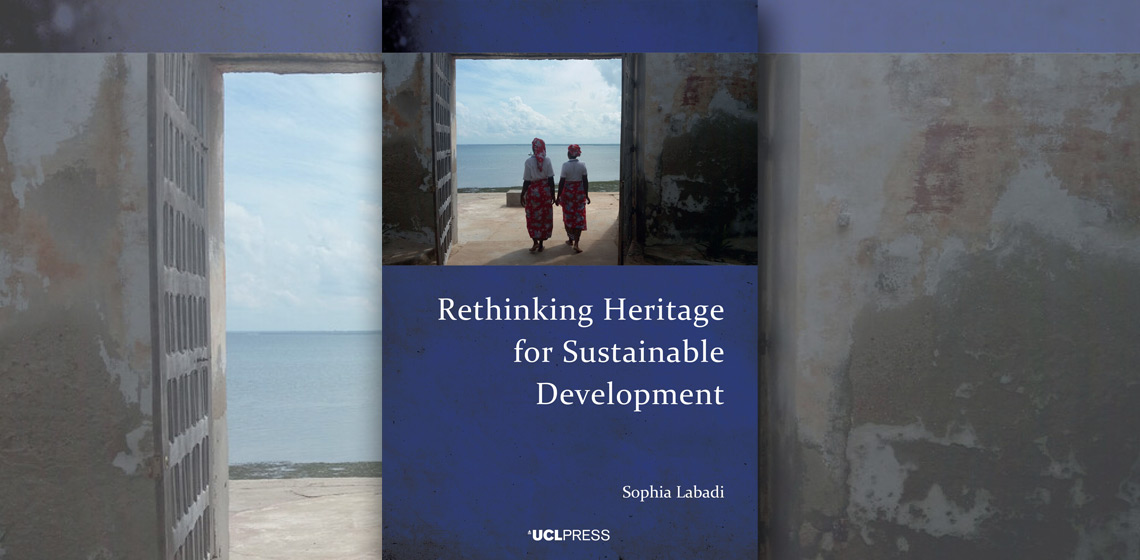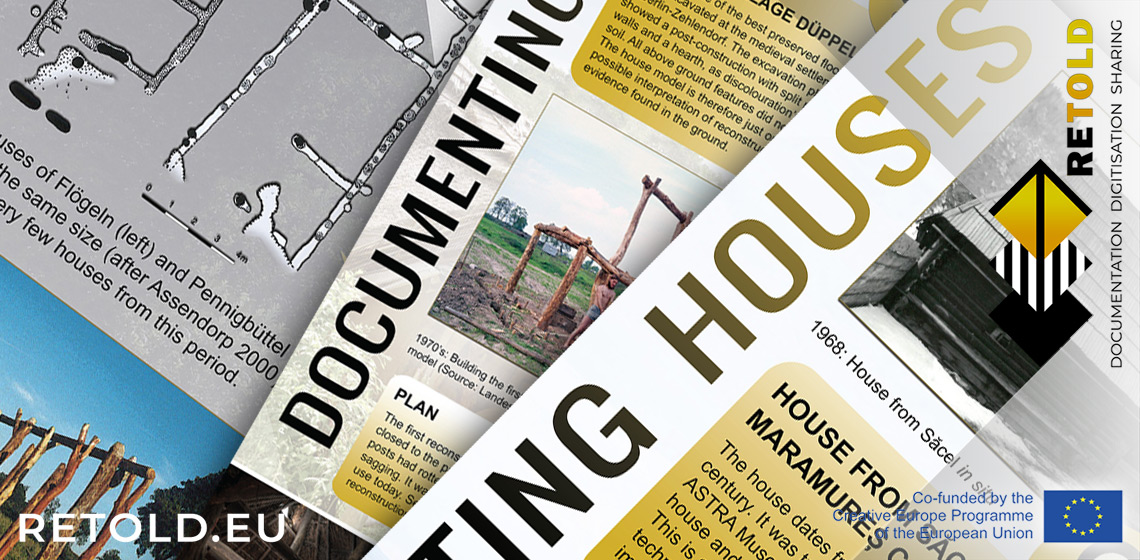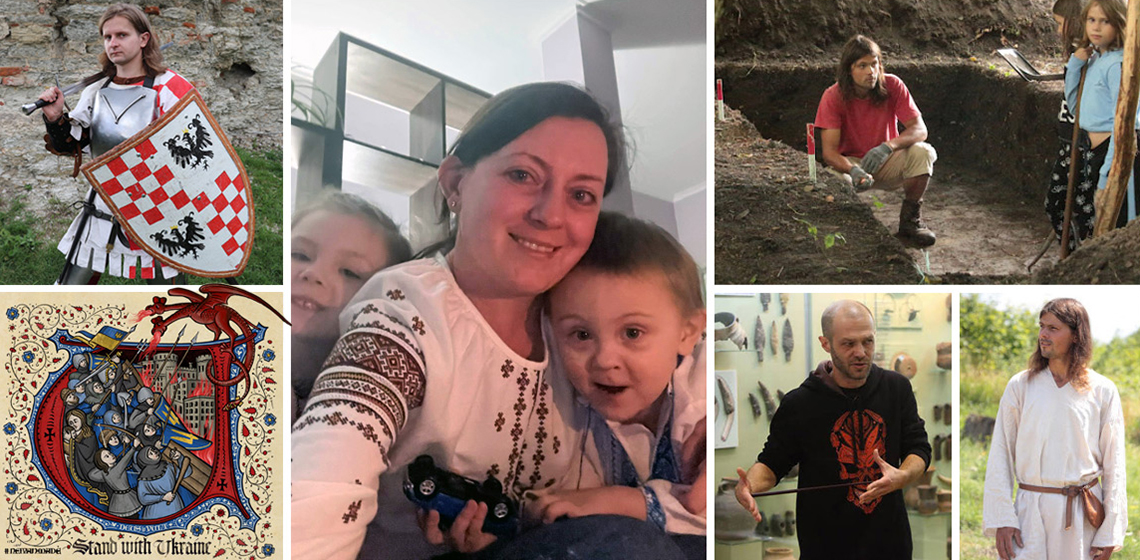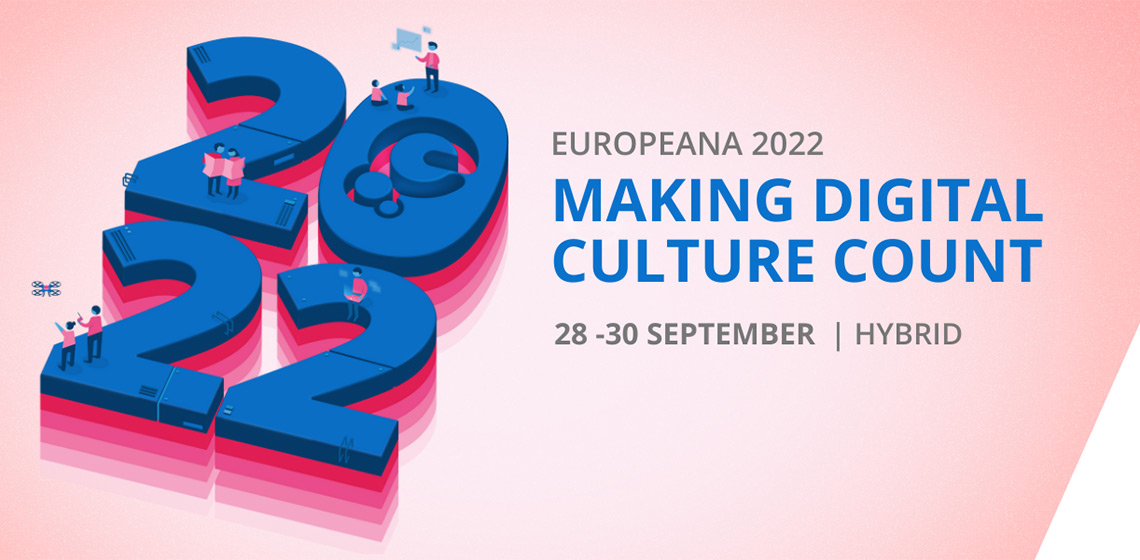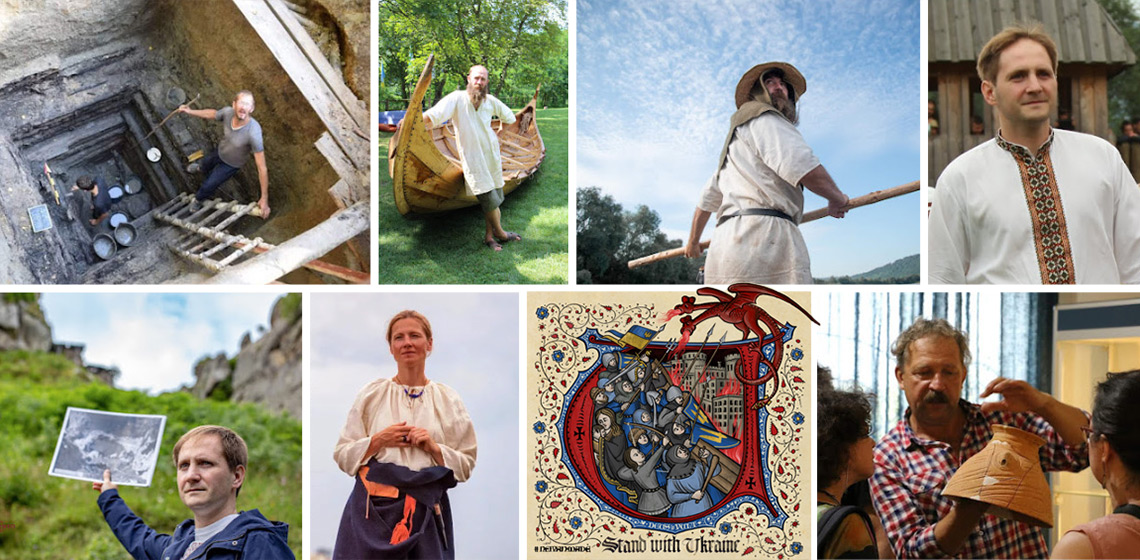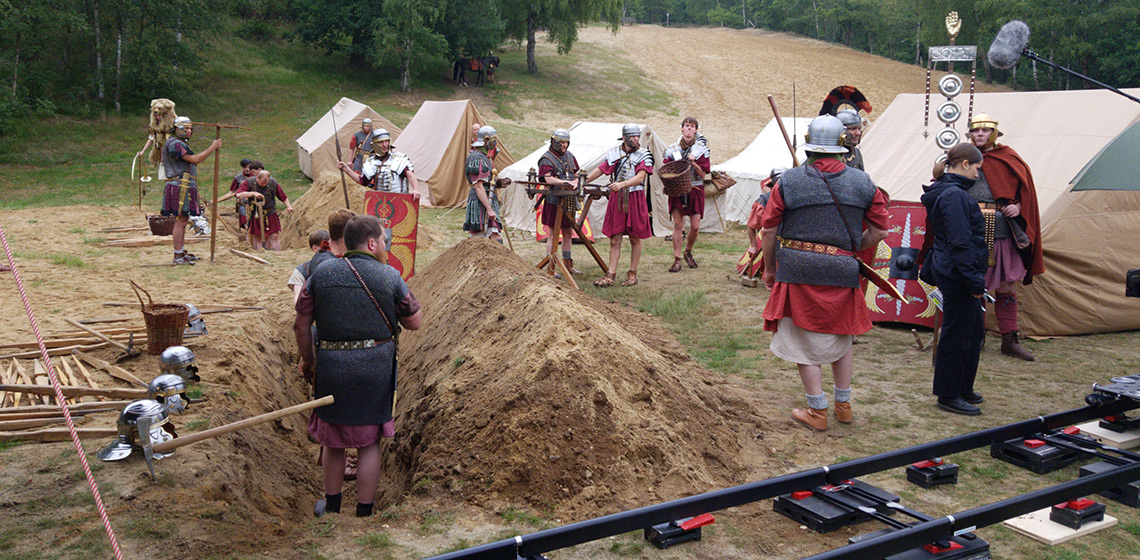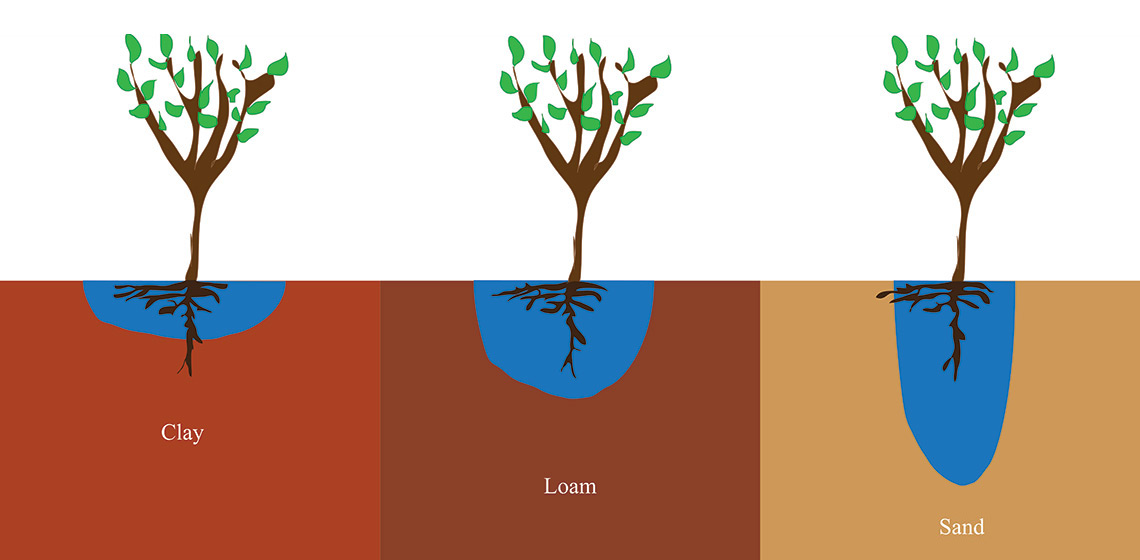heritage
Uteliya: Coincidence, Continuity, or Something Else?
Publication Date
Not every journey is about finding something new; sometimes it is about noticing what has been there all along. Between the weathered walls and quiet lanes, past the lakes that catch the afternoon light, I found myself chasing a whisper of the past. This is not the story of what I uncovered, but of what I hoped to find, perhaps an echo carried in the breath of a village, resting gently atop its own untold history.
Expanding Horizons: Contemporary Dynamics and Challenges in Public Archaeology in Nigeria
Publication Date
The purpose of this essay is to assess the situation of public archaeology in Nigeria. Public archaeology is the practice of sharing archaeological knowledge with the public. It is a branch of archaeology that focuses on engaging the public and making archaeological practices and findings accessible to non-professionals. Its approach involves community outreach, education, and collaborative projects, aimed at fostering awareness creation for the preservation of cultural heritage...
Book Review: Rethinking Heritage for Sustainable Development by Sophia Labadi
Publication Date
The concept of heritage has long been associated with the preservation and commemoration of our collective cultural legacy. In the context of development, however, heritage takes on a multifaceted role, encompassing not only the preservation of historical artefacts and traditions but also their active integration into processes that drive socioeconomic progress.
RETOLD: Documenting Houses, Sharing the Story with the Visitors
Publication Date
Open-air museums host much cultural heritage data. You can find them in archival records, photos, video, and the minds of people. These data are at risk of being lost. This is where RETOLD comes in, a European Project (Creative Europe Program) with six partners working together on a solution.
Discussion: Heritage in Times of War - part 2
Publication Date
The difficulties I face in my work are the same that all people in Ukraine live with: interruptions to the supply of electricity and communications and complicated logistics. This affects both education and causes difficulties in planning and holding public events. The biggest problem in terms of professional activity at the moment is the impossibility of ...
Conference Review: Europeana “Making Digital Culture Count” 2022
Publication Date
The Europeana 2022 conference on the theme “Making Digital Culture Count” was held 28-30 September 2022 in the Hague (NL) and online. The three day conference was filled with presentations and lively discussions on current initiatives, planned projects, and contemplating the future direction for Europeana and those using or contributing to it...
Discussion: Heritage in Times of War - part 1
Publication Date
With the beginning of the full-scale war in Ukraine, along with the preservation of the integrity of the state and the preservation of people's lives, the issues of preserving cultural heritage and national identification became acute. The museums and nature reserves that did not fall under the occupation did not stop working...
Living history on Dutch TV at last – the making of 'Het verhaal van Nederland'
Publication Date
The project is called Het verhaal van Nederland (The story of the Netherlands), HVVNL for short. Its core is a series of ten TV episodes as well as ten pod-walks at different locations in the Netherlands. This is complemented by an online series for kids called Het verhaal van Nederland Histories, a series of podcasts about remarkable characters from Dutch history, a book, and an ...
Discussion: Inclusivity in historical interpretation: Who has access and who is erased?
Publication Date
The discussion of ‘authenticity’ in living history has been one of the main themes since the conception of contemporary historical interpretation. Our quest for authenticity should, in my opinion start with a thoughtful discussion: What goal do we want to reach through living history?...
Ancient Technologies in Contexts of the Sustainable Development Goals
Publication Date
#EAC12 World Tour 2021
***The demand for innovative solutions to pressing ecological and societal challenges is on a constant rise. Ancient technologies provide extensive yet underutilized opportunities to help solve such problems. This paper presents three of these technologies and their successful application in modern contexts based on five illustrating case studies...
***The demand for innovative solutions to pressing ecological and societal challenges is on a constant rise. Ancient technologies provide extensive yet underutilized opportunities to help solve such problems. This paper presents three of these technologies and their successful application in modern contexts based on five illustrating case studies...

